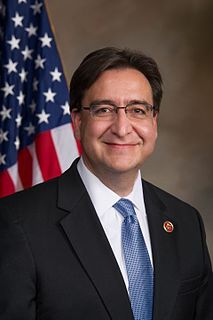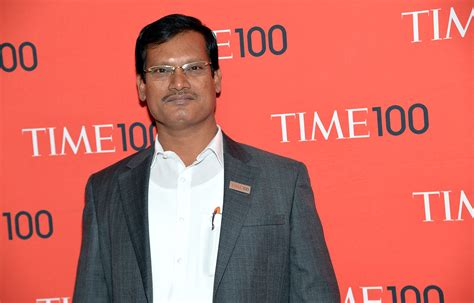A Quote by Abigail Spanberger
Our farmers and ranchers constantly evolve and adapt to the conditions surrounding them, and if provided better and faster connectivity, the development of new technologies on the farm will rival any other sector.
Related Quotes
We need scientists to design new fuels. We need farmers to help grow them. We need engineers to invent new technologies. We need entrepreneurs to sell those technologies. We need workers to operate assembly lines that hum with high-tech, zero-carbon components. We need builders to hammer into place the foundations for a clean energy age. We need diplomats and businessmen and women, and Peace Corps volunteers to help developing nations skip past the dirty phase of development and transition to sustainable sources of energy. In other words, we need you.
You do need some dispensation for local farmers, because the fast food industry will promote the unsanitary conditions of farming. With vegetables, you have to be careful where they come from; you have to know the farmers and trust them. If you buy from the farmers' market, it's already been investigated.
Lakhs of families in the country are deprived of energy connectivity. Fruits of development will not reach the common man until energy connectivity reaches every last household of the country. In the age of globalization, we have no option but to make a quantum leap in energy production and connectivity.
The backbone of any improvement of governance, its development as well as its protection from any form of wastage or excessiveness, is a mechanism to place laws under the microscope of revision and modernization until they resonate in tune with the methodological development and new administrative technologies.
































